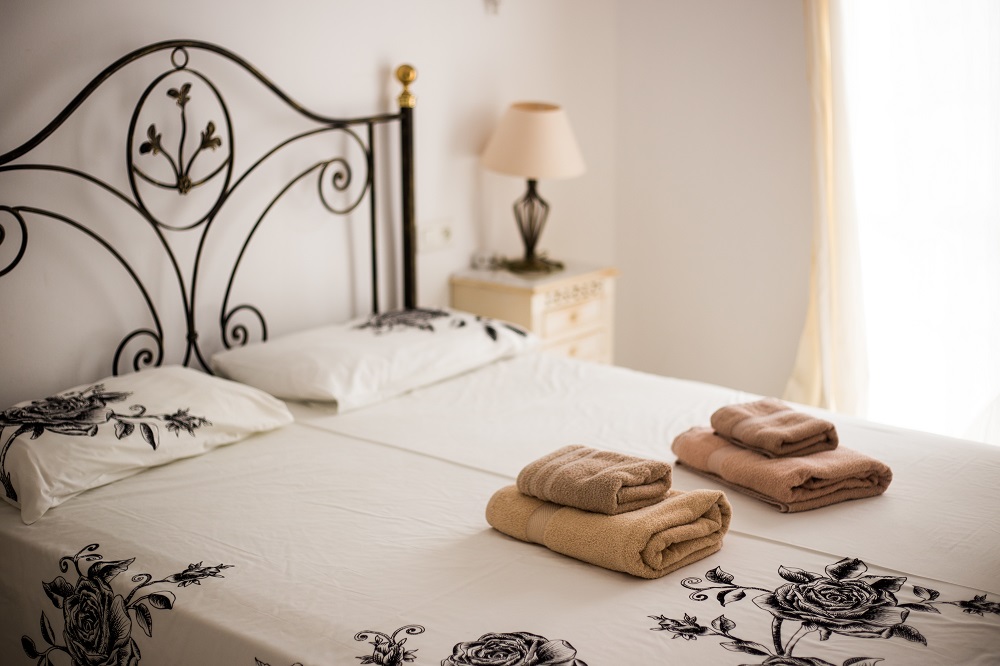The Association of Accounting Technicians (AAT) has raised concerns about proposed changes to rent a room relief.
In response to the rise in popularity of self-managed letting portals like Airbnb, The Treasury is introducing new rules that reduce the tax-free allowance for landlords, unless they are present for part or all the letting(s). The introduction of a ‘shared occupancy test’ is designed to reinstate the original purpose of the relief which is for homeowners to let a room or rooms in their primary residence. The Treasury is of the belief however, that significant numbers of landlords have been utilising the relief to cover renting their entire property.
Sat at £7,500, the rent a room relief will be reduced to the £1,000 property allowance, unless the homeowner can prove they were present for part or all the occupancy.
The AAT believes that the impact of the changes will be twofold. Firstly, homeowners that would otherwise not need to complete a self-assessment tax return, may now need to complete one. This is an added level of bureaucracy for people who are simply trying to supplement their income and feed the accommodation economy with available rooms nights. And therein lies the second issue. If renting a room becomes perceivably too difficult to do or any profit is removed through taxation, the AAT thinks we will see a reduction in the number of rooms available. This could have the reverse effect on the economy.
Whilst accepting that the travel and accommodation market has changed significantly over the last decade, The AAT believes the changes will only cause an enforcement nightmare for HMRC with a ‘negligible’ tax receipt to show for it.
The changes to rent a room relief are due to come into force from April 2019 but at present HMRC has not provided any detail around how the scheme will be enforced or how landlords will prove shared occupancy.
